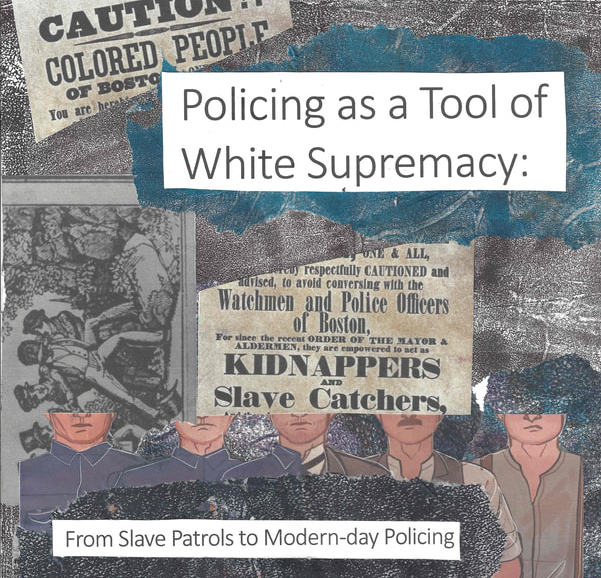Applying What You Learn
We believe in helping you develop useful, real-world skills alongside the sense of fulfillment and enrichment that studying Sociology can provide.
We also believe in making you aware of the knowledge and skills you're developing along the way, so that you can capitalize on your strengths in the marketplace, graduate school, and in life.
Knowledge & Skills Gained as a Sociology Major:
Knowledge:
- Learn how to ask questions, develop explanations, and analyze data from a sociological and anthropological perspective
- Learn to use your “sociological imagination” as you come to understand the world and your place in it
- Coursework on topics such as: families, racial and ethnic identity, organizations, work, social inequality, sex and gender, sexuality, the welfare system, health and medicine, human rights, social movements and social justice.
Skills:
- How to interpret and analyze data
- Ability to design and conduct a research project
- Written communication and presentation skills
- Solving problems and identifying solutions
- Navigating issues of global diversity

Experiential learning gives students a chance to use and apply the knowledge and skills they're learning while connecting with local communities. Through service-learning, students meet academic objectives while performing meaningful community service.
For example, explore the project created by Dr. Anderson's Social Justice & Social Change students in Fall 2020.